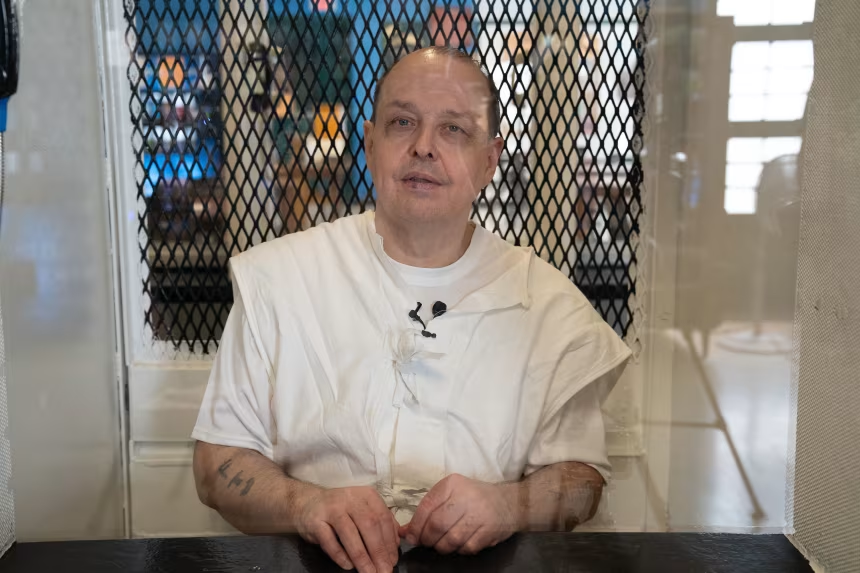Robert Roberson was spared from execution this week as the highest criminal court in Texas granted an emergency stay, sending his case back to a lower court for renewed review. He had been scheduled for lethal injection on October 16, 2025, after being convicted in 2003 for the death of his two-year-old daughter, Nikki Curtis.
His conviction hinged on the diagnosis of shaken baby syndrome, a theory now widely questioned and subject to scientific debate. Legal advocates argued that the original evidence is outdated, flawed, or misapplied and should not stand under modern standards.
The court’s decision does not overturn his conviction but orders a fresh examination under Texas’ 2013 “junk science” law—a statute that permits relief when a conviction relies on scientific evidence now considered invalid. The trial court must now consider whether Roberson deserves a new trial based on updated medical analysis and expert testimony.
Support for review has grown not just among advocacy groups but also in parts of law enforcement and some legislators who believe justice demands scrutiny when foundational evidence is challenged. Yet prosecutors and family members of Nikki continue to assert that Roberson’s guilt is supported by the full body of medical and investigative evidence.
For now, Roberson remains alive and continues to maintain his innocence. His future hinges on whether the courts find that the science used to convict him was so unreliable or unsound that it warrants a new trial—and whether the system will fully confront the consequences of past convictions built on evidence now under question.


